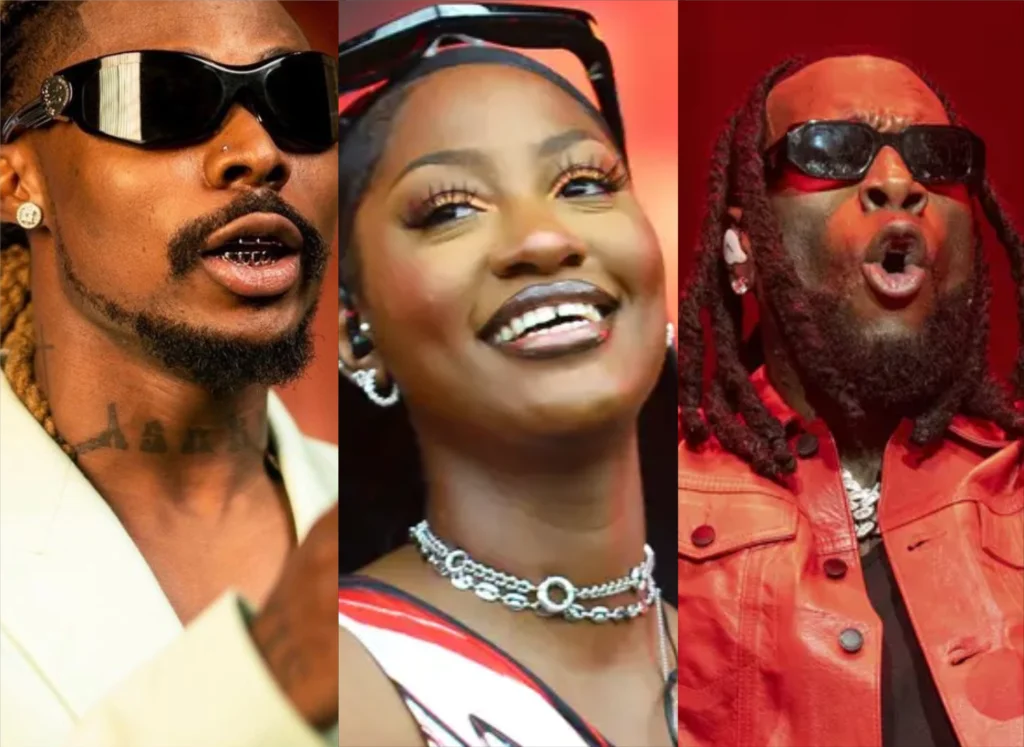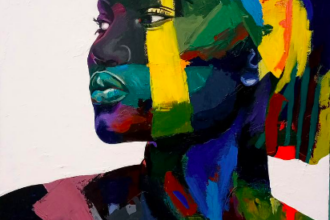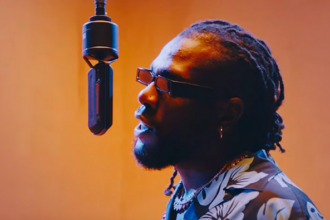BY ERNEST OSOGBUE
For many years, the issues of colonialism and slavery tended to limit the expression of African free thought; a man who had been owned by another as property, or been dominated in his abode by another, could in no wise proclaim himself superior or equal with his owner, or conqueror.
This has been the case of African arts and culture for decades if not centuries. Having been colonized and enslaved, it has been, and most times, still is difficult for the African worldview to gain expression. In international politics, the African position is usually dismissed offhand with neo colonialist arguments. As a result, Africa constantly panders to views and actions of the West, who claim superiority over her in matters of politics, economy, knowledge and even culture.
In the last few years however, the trajectory has shifted, especially in the area of culture. Since Wole Soyinka won the Nobel Prize for Literature in 1986, attention has gradually shifted to African Arts and Culture; bringing it the much needed appreciation it had been denied. Following the works of many agencies, organizations, individuals and African governments, the colonialists of yore, were made to acknowledge the looting of African Arts, to the extent of recently returning some of them to their African homes. We commend the efforts of all facilitators.
Contemporaneously, the exploits of young African musicians must equally be appreciated in the recent renaissance of African Arts and culture. These young singers have taken African music to heights hitherto unprecedented, forcing those who initially scorned African music to take notice.
I do not wish to go into the historical genealogy of those who laid the foundations of today’s benefits; Fela Anikulapo Kuti, Manu Dibango, King Sunny Ade, Mariam Makeba etc, suffice it to say that the young singers of today, have built on these foundations and ultimately made African music a force to be reckoned with in world music.
The recent performance by Asake on the Tonight Show with Jimmy Fallon, an American late night television show, left me speechless, and reminded me of why Africans must always stay true to their roots, despite pressure from anti-African forces for them to compromise. In performing a medley of his hit tracks Yoga and Organize, Asake took my breath and that of many others away. His sublime performance started slowly with Yoga, and then rose to a crescendo with Organize, before climaxing to spontaneous applause from an enthralled studio audience.
Without being too theatrical, Asake showcased the lyrical code mixing feature of the modern African sound, weaving between his ancestral Yoruba language, to the English language, and the Pidgin English of African streets. His stage presence, poise and deliberate dance steps, coupled with his synergy with his band, made for an unforgettable performance. In an appearance that lasted not more than a few minutes, Asake demonstrated that you can be African, and still impress the Whiteman in his domain.
Asake’s performance was in sharp contrast to the recent performances of three of Nigeria’s, albeit, Africa’s best young talents; Burna Boy, Tems and Rema, who had the rare opportunity of performing at the 2023 NBA All Star Game. The performance of the trio in my opinion was a watered down version of what they could produce. Most often than not, African artists are made to curate their music to western tastes; this means lacing it with more Euro-centric influences in order to appeal to western audiences. Fela Anikulapo Kuti ever the nonconformist rebel that he was in his lifetime, proved that this theory is wrong, by selling out arena’s without compromising his African sound.
It is therefore worrisome, that some African artists believe that they need to compromise their ‘Afrcannes’ in order to impress European or American audiences. While I commend Burna Boy for his Grammy Award a few years ago, I must confess however, that I was left unimpressed with his appointment of Sean ‘P. Diddy’ Combs as Executive Producer of his award winning album; Twice As Tall.
I received the news with shock. My first reaction was that Burna Boy had sold out in the quest to win awards. What does P.Diddy know about African music to executive producer one of our best artistes? I realize that having been nominated for an award at the Grammies for his album African Giant, and not winning, Burna Boy felt that a bit of American flavor could help him clinch the award, and it did, which is commendable, but at what cost?
There is no doubt in my mind that African culture despite having been battered, diluted and vilified by most people, remains a great culture. Projecting that African uniqueness is therefore nothing to be ashamed of. Most often than not, Africans have been forced or coerced to adopt more western styles, with the impression that being African is akin to being crude and unfashionable. This is far from the truth; African is who we are, and being oneself, can never go out of fashion. Because some young people are not well versed in African studies and African culture, it becomes very easy to convince them that all things Western are superior to all things African, and this is a blatant lie.
This was the case with Temilade Openiyi, aka Tems, who rather than don an African print design by an African at the 2023 Academy Awards Ceremony, preferred a European dress by a Ukranian designer. It was an unfortunate situation, and a missed opportunity to showcase Nigerian fashion designers who are creating wonderful designs. Not too long ago as well, Ayo Animashaun of Hip Hop World Magazine, organizers of Headies Awards, uprooted the awards from Nigeria to America, in a blatant show of inferiority complex.
These are some of the reasons why Asake’s Afro-centric performance at the Tonight Show is worthy of commendation. In just a few minutes performance, Asake gave Africans back their pride and their cherished folksy way of life. The last time I checked, commendations were still pouring in for the young musician, and the British-Ghanaian group the Compozers who backed him.
Young Africans must realize that they are cultural ambassadors of Africa and its peoples. When nominated or invited for international performances, they must remember that they are not only representing themselves, but representing a people and a culture that must be represented with pride and confidence. They must understand that pandering to western values, by Euro-washing their music is akin to being infected with the Esau Syndrome of selling one’s birthright for a mess of pottage.









